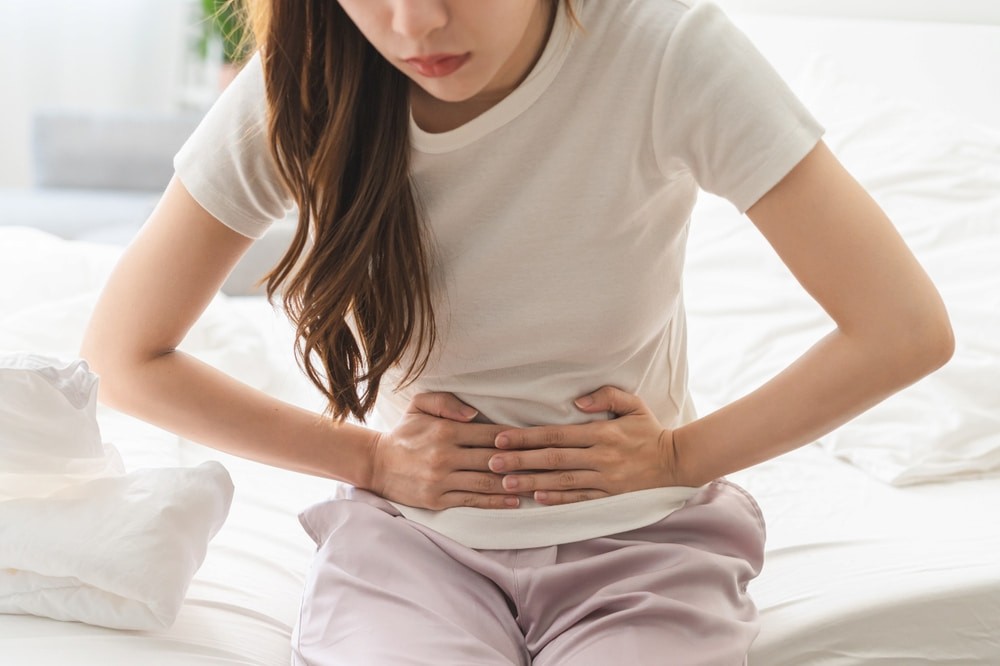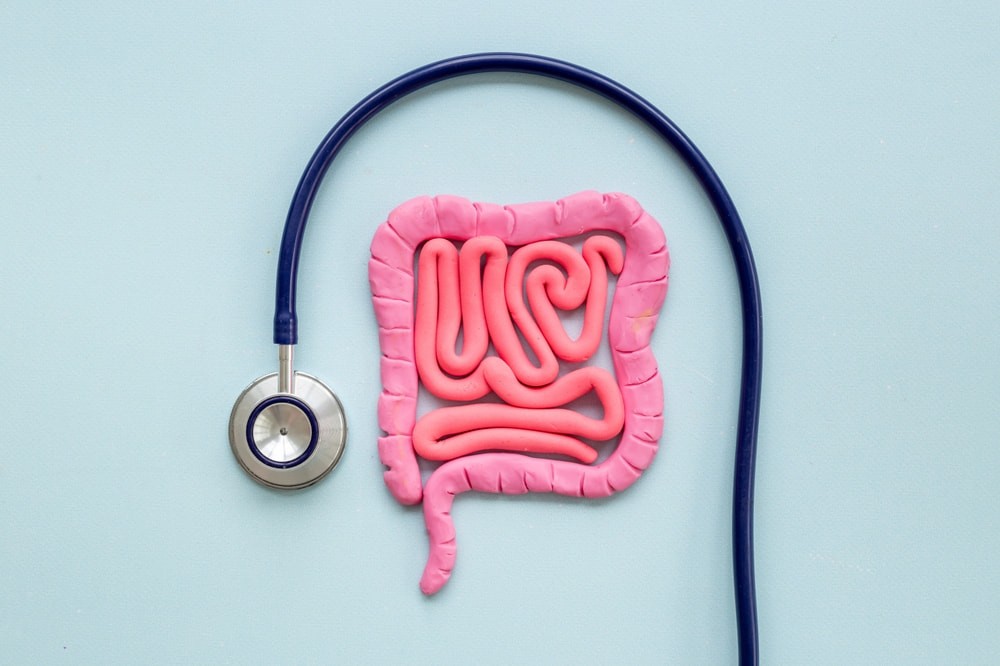- Blogs
- What Is Ulcerative Colitis?
What Is Ulcerative Colitis?

Colitis is inflammation in your colon, the last and main part of your large intestine before the anus, and the part that removes water, some nutrients and electrolytes from partially digested food. Inflammation is your body’s reaction to injury or infection. It causes your tissues to swell and become sore. When the colon becomes inflamed, it can cause diarrhea and pain and sometimes cause blood to appear in your feces.
There are several types of colitis with different causes. Food poisoning is a relatively easy type of colitis to treat. Inflammatory bowel diseases (IBDs) are more serious, chronic types of colitis that can be more difficult to treat.
Ulcerative colitis (UC) is a type of IBD that causes ulcers and inflammation in the inside lining of the colon and rectum. The symptoms of ulcerative colitis typically develop over time rather than appearing suddenly. The condition is usually caused by an autoimmune reaction, whereas other forms of colitis may result because of an infection or medication use. Genetic markers have also been associated with UC. Heredity seems to play a part as UC is more prevalent in people with a family history of the condition.
Another difference between colitis and UC is that UC is a lifelong condition, while other forms of colitis may be able to be resolved.
Symptoms of Ulcerative Colitis
The symptoms of UC can overlap with the symptoms of other types of colitis. The overall symptoms of both colitis and ulcerative colitis include:
- Abdominal pain
- Bloated stomach
- Urgent diarrhea
- Mucus or blood in the feces
- Loss of appetite
- Weight loss
- Fever
- Fatigue
- Anemia
- Dehydration
- Malabsorption and malnutrition
Doctors type ulcerative colitis according to its location. The types of UC include:
- Ulcerative proctitis: This type of UC is characterized by inflammation confined to the areas around the rectum. Bowel movements can be difficult, and rectal bleeding often occurs.
- Left-sided colitis: The inflammation includes the rectum and the sigmoid and the descending colon above it. Symptoms can include bloody diarrhea, painful stomach cramps and an inability to move the bowels.
- Widespread colitis: This is also referred to as pancolitis. It affects the entire colon, and the symptoms include severe bloody diarrhea, stomach cramps, pain, fatigue and severe weight loss.
Diagnosis

A UC diagnosis can only be reached through endoscopic procedures with a tissue biopsy. Lab tests can help confirm the diagnosis. Imaging tests such as X-rays and CT scans may also be used to rule out serious complications. The endoscopic procedure includes:
- Colonoscopy: a colonoscopy procedure uses a thin, flexible tube with a camera and light on the end to perform a thorough examination of the entire length of the colon. During the procedure, your doctor can take tissue samples needed to make the diagnosis.
- Flexible sigmoidoscopy: Depending on the symptoms, your doctor may choose to explore the rectum and sigmoid colon if your colon is severely inflamed.
The lab tests may include:
- Stool studies: Stool samples containing white blood cells or certain proteins can indicate ulcerative colitis. They can also help rule out other conditions, such as viruses, parasites and bacteria.
- Blood tests: Your doctor may also recommend blood tests to check for anemia or signs of infection.
ADDLIFE Medical Center offers colonoscopies in Bangkok that provide diagnoses of ulcerative colitis.
Treatment
UC is a lifelong condition. However, there are a number of treatments that can help you manage the condition effectively. There are anti-inflammatory drugs, immunomodulators, small molecule orally delivered agents and biological medications that are available to help manage ulcerative colitis. You may need to try several of these therapies to find the one that works best for you.
There is also a surgical procedure called a proctocolectomy in which the entire colon and rectum are removed. The patient disposes of their bodily waste through a pouch called a j-pouch created at the end of the anus. Another disposal method is to surgically create an ileal stoma opening in the belly with a one-way valve. The patient then controls the elimination of their bowels.
The patient with UC will also likely need to alter their diet. Some of the diets recommended by your doctor may include:
- Low-residue diet
- Anti-inflammatory diet
- Elimination diet
Have a Colonoscopy Performed at ADDLIFE
If you’re experiencing any of the symptoms of colitis or ulcerative colitis, please make an appointment at ADDLIFE Medical Center to have a colonoscopy and other tests performed that will provide a definitive diagnosis and indicate a direction for effective treatment.
Citations:
Ulcerative Colitis - 3/11/2025 - https://www.mayoclinic.org/diseases-conditions/ulcerative-colitis/diagnosis-treatment/drc-20353331
Colitis - 3/11/2025 - https://docs.google.com/document/d/1FU3yt3iMPFqqG8dkzVMzNJwlgIj8OfjQ/edit


